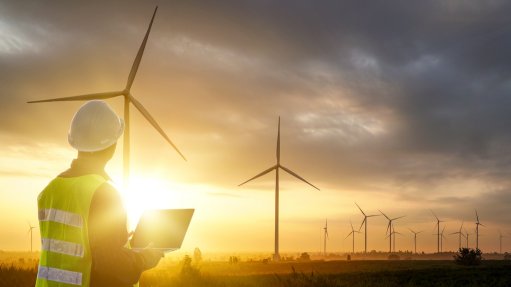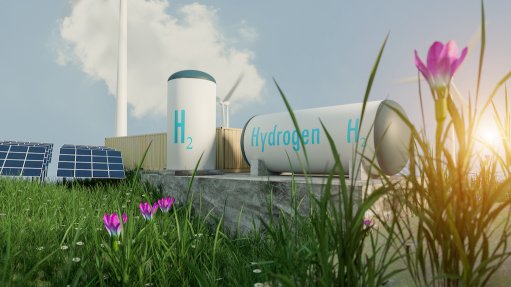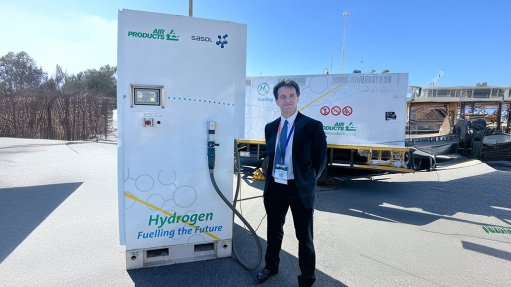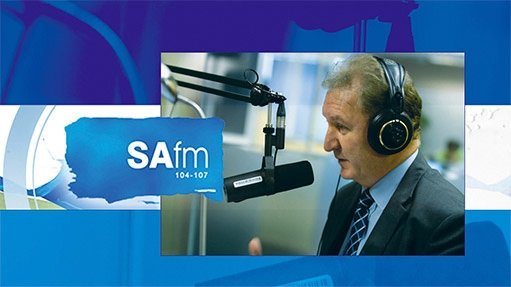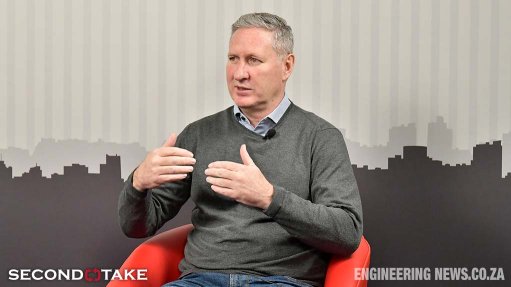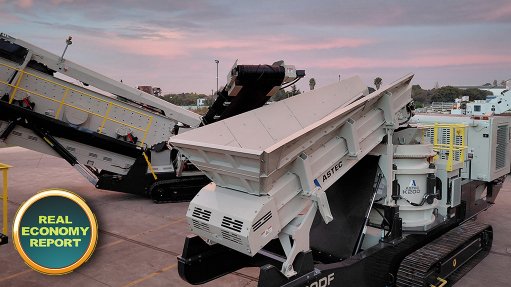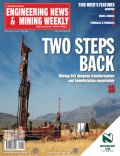S Africa can ease effect of natural disasters through technology

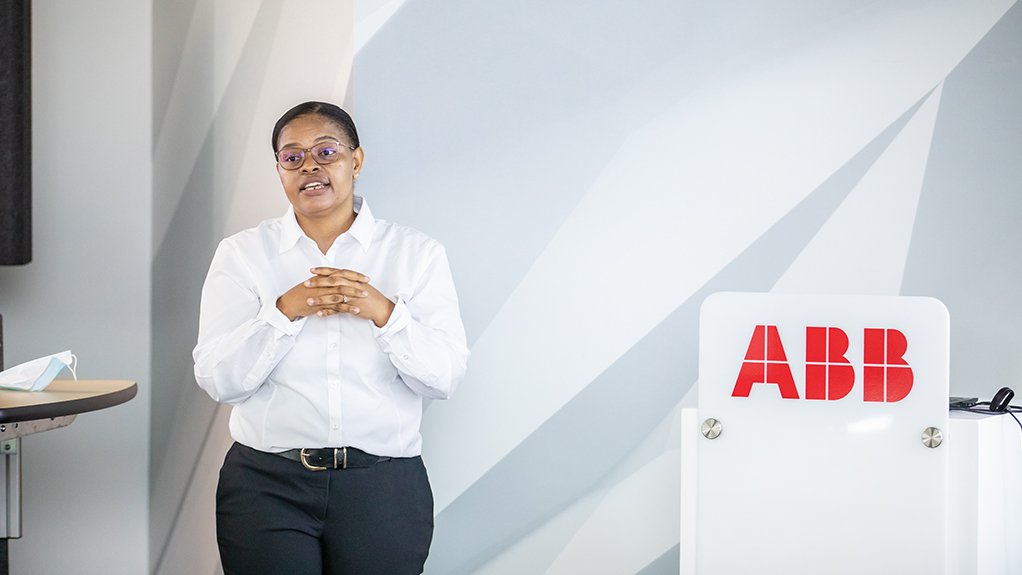
JOYCE MOGANEDI The current water crisis facing South Africa has created new opportunities and there is plenty of room to adopt and embrace new technologies
Deploying “cutting-edge” solutions at South Africa’s water treatment plants will assist the country in mitigating the severe impact of natural disasters, such as the drought in Nelson Mandela Bay, in the Eastern Cape, and the flooding in KwaZulu-Natal, while addressing the poor state of infrastructure, says technology company ABB Power and Water local division sales manager Joyce Moganedi.
Considerable capital is being pumped into managing the effects of these disasters, with provincial capital Bisho allocating R10.5-million towards Eastern Cape drought relief during the 2021/22 financial year, and former KwaZulu-Natal premier Sihle Zikalala stating that R30-million was allocated to restore water supply following floods in the province.
Last month, KwaZulu-Natal Department of Water and Sanitation provincial head Ashley Starkey said work was under way to repair the damaged infrastructure and highlighted that the costs had been enormous. He was speaking during a consultation session about the National Water Resource Strategy Edition 3.
In addition, the local water industry is still largely burdened by ageing infrastructure, water quality issues and burst pipes that result in 41% of the country’s water leaks, consequently contributing to nonrevenue water, emphasises Moganedi.
Only 48% of South Africa’s water supply systems are categorised as low risk, while 18% are medium, 11% are high and 23% are in the critical risk category, according to the Blue Drop progress report, covering July 1, 2020, to June 30, 2021, and published in March this year.
“The current water crisis facing South Africa has created new opportunities and there is plenty of room to adopt and embrace new technologies,” says Moganedi.
Responsible and efficient water use can be achieved through the deployment of automation, as well as the electrification and digitalisation of South Africa’s water treatment plants to ensure the safe, smart and sustainable management of the water cycle, she advises.
Supervisory control and data acquisition systems provide water authorities with the flexibility to monitor, control and manage specific processes in their plants.
“These range from having visual awareness of their operations, access to real-time information to act on abnormalities in the plant, increased plant availability and accessibility to remote operations in the plant from anywhere at any time to improved plant efficiencies and productivity. Importantly, plant assets can also be more intelligently managed through the capacity to predict failures and deploy mitigating actions.”
Regretfully, the implementation of effective water infrastructure locally is hindered by a lack capital to fund projects and, in instances where projects are funded, the implementation takes far too long to realise, notes Moganedi.
When water authorities enable the automation of plant processes at water treatment works, and thereby increase efficiency, boost productivity and lower maintenance costs, South Africa can not only ensure responsible water use but also the reliable supply of clean, quality water to all its citizens, she concludes.
Comments
Announcements
What's On
Subscribe to improve your user experience...
Option 1 (equivalent of R125 a month):
Receive a weekly copy of Creamer Media's Engineering News & Mining Weekly magazine
(print copy for those in South Africa and e-magazine for those outside of South Africa)
Receive daily email newsletters
Access to full search results
Access archive of magazine back copies
Access to Projects in Progress
Access to ONE Research Report of your choice in PDF format
Option 2 (equivalent of R375 a month):
All benefits from Option 1
PLUS
Access to Creamer Media's Research Channel Africa for ALL Research Reports, in PDF format, on various industrial and mining sectors
including Electricity; Water; Energy Transition; Hydrogen; Roads, Rail and Ports; Coal; Gold; Platinum; Battery Metals; etc.
Already a subscriber?
Forgotten your password?
Receive weekly copy of Creamer Media's Engineering News & Mining Weekly magazine (print copy for those in South Africa and e-magazine for those outside of South Africa)
➕
Recieve daily email newsletters
➕
Access to full search results
➕
Access archive of magazine back copies
➕
Access to Projects in Progress
➕
Access to ONE Research Report of your choice in PDF format
RESEARCH CHANNEL AFRICA
R4500 (equivalent of R375 a month)
SUBSCRIBEAll benefits from Option 1
➕
Access to Creamer Media's Research Channel Africa for ALL Research Reports on various industrial and mining sectors, in PDF format, including on:
Electricity
➕
Water
➕
Energy Transition
➕
Hydrogen
➕
Roads, Rail and Ports
➕
Coal
➕
Gold
➕
Platinum
➕
Battery Metals
➕
etc.
Receive all benefits from Option 1 or Option 2 delivered to numerous people at your company
➕
Multiple User names and Passwords for simultaneous log-ins
➕
Intranet integration access to all in your organisation







